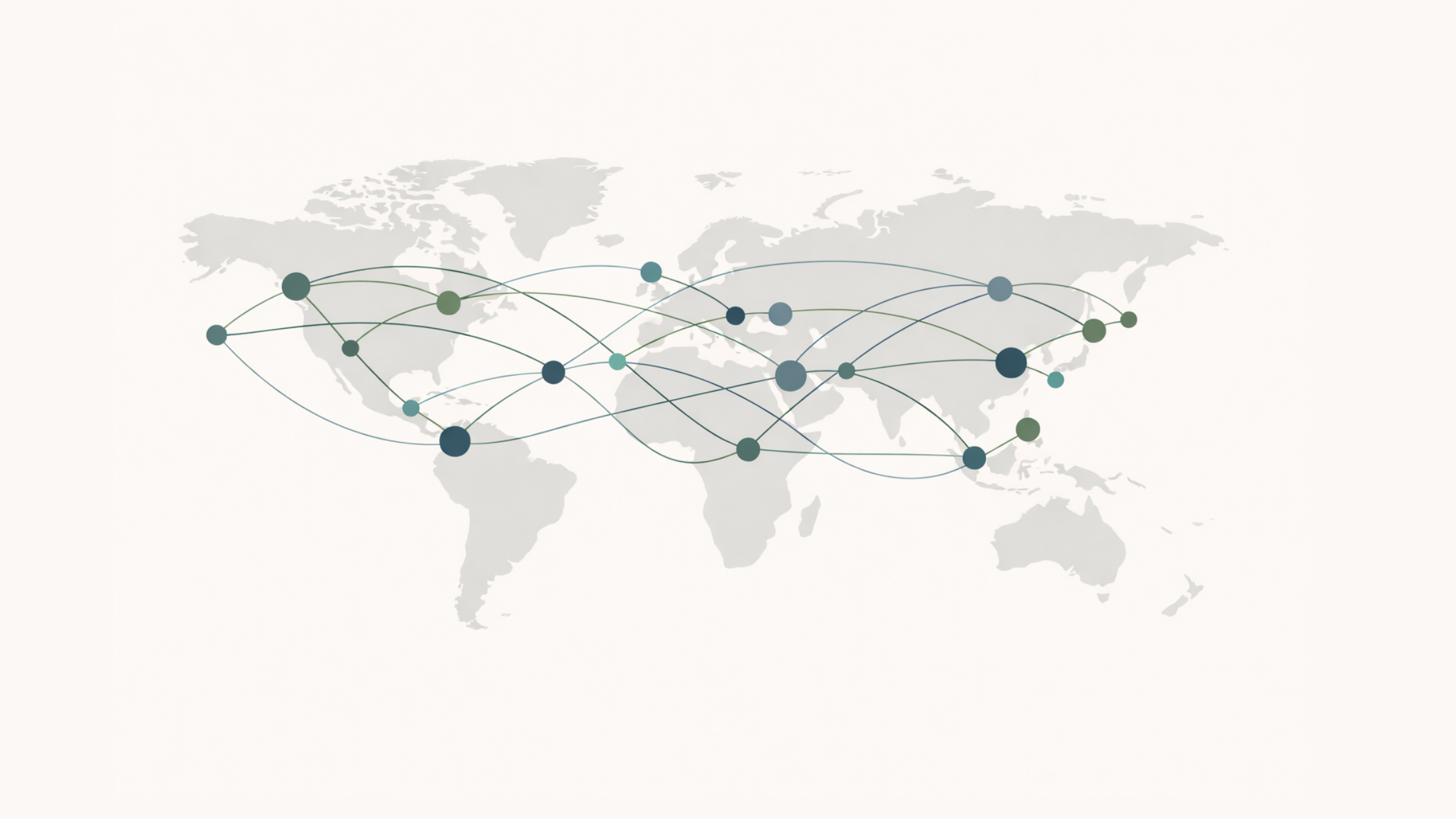By Bahar Gidwani
Over the past fifty years the amount of non-financial information that companies disclose in their financial reports has grown steadily. Some of this growth was driven by government mandates —requirements to reveal how many people a company employs, how much office and factory space it occupies, and how many customers it has. Gradually, “softer” and broader information has crept into company financial reports, such as the diversity mix of employees and management, the employee turnover rate, how much the company contributes to charity, and, more recently, how much carbon it generates and water it uses.
Starting in the 1990s, companies realized there could be benefits from releasing additional information about their social performance. It was hard to squeeze this information into company financial reports, which are driven primarily by legal mandates and are subject to detailed review by both investors and regulators. So, companies began releasing separate corporate social responsibility (CSR) reports. According to Corporate Register (who has the best library in the world of these reports) about 40% of the approximately 5,000 companies we follow at CSRHUB have now released at least one non-financial report on their social performance.
Companies are also releasing data via their Web sites. More than 55% of the companies in our database now have CSR-related websites. However, the data revealed in both CSR reports and CSR websites is hard for research firms like ours to use:
- The data is not uniform. Each company decides for itself what items it wants to release. As a result, data across an entire industry (or country) on things like labor actions, safety records, board committee structure, ethics policies, and so on is not yet available.
- The data is not consistent. Many terms are not clearly defined. Does employee turnover include those employees who don’t complete their training period? Which races or sexual orientations should be included in numbers on minority hiring and promotion? Should supply chain sources of carbon be included in the report or not?
- Data is not regularly updated. Companies tend to offer information they have been asked for, or that is top of mind at the time they prepare their report. Researchers would like to see the same number, calculated the same way, each year or – even better – each quarter.
- The end result of projects, promises and plans are not always revealed. A company may or may not achieve the social goals it sets and announces.
- Most of the data is not verified. Thanks to standards from the GRI (Global Reporting Initiative) and ISO (International Organization for Standardization), we have well-considered and recognized tools for organizing and reporting CSR information. However, using these tools properly takes training and an investment in systems. Getting the resulting data reviewed by an outside audit firm adds a further expense. Only about 40% of the companies we track who have implemented GRI reporting, have had their information assured.
Fortunately, a number of groups are working on changing this situation. Their goal is to encourage companies to regularly report a comprehensive set of well-defined metrics for their social performance. Besides the work done by GRI and ISO and the effort made in the carbon reporting area by the Carbon Disclosure Project (CDP), we have the Global Initiative for Sustainability Ratings (GISR) and the International Integrated Reporting Committee(IIRC).
The latter has combined seminal work done by Harvard Business School Professor Bob Eccles (author of the book “One Report”) and direction and input from Beth Schneider and Eric Hespenheide at Deloitte & Touche LLP, to create a discussion paper titled: “Towards Integrated Reporting: Communicating Value in the 21st Century.” It is a solid summary of where things stand today — and opens the door for ideas and discussions about where to go in the future. I especially liked this chart that shows how extra-financial value flows through an organization.
One of CSRHUB’s goals is to foster access to sustainability and CSR information. We aim to be an engine of transparency that encourages more consistent and actionable disclosure from all types of organizations. We are an Organizational Stakeholder (OS) with GRI, a silver partner with CDP, and support both GISR and IIRC. Please take a moment both to read the IIRC discussion paper and search for at least one way you can personally encourage integrated and consistent reporting of social performance information, by companies and other organizations.


.png)
